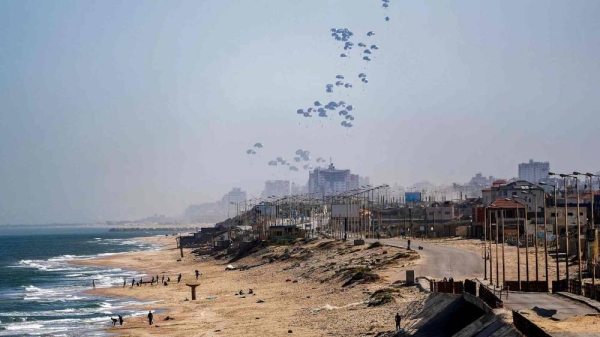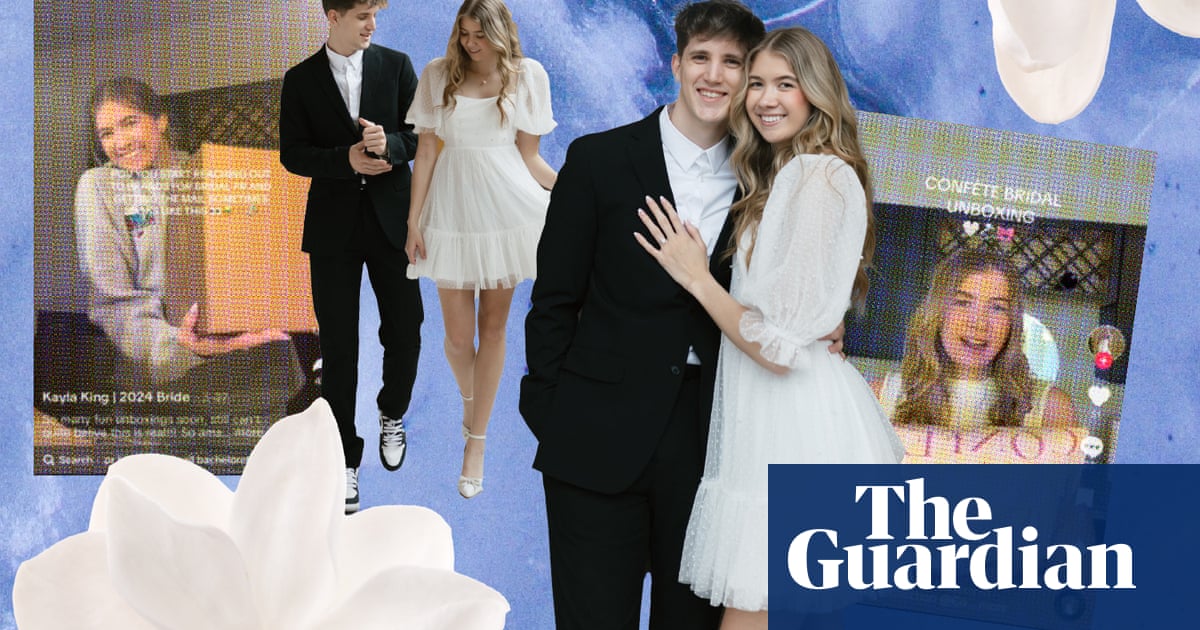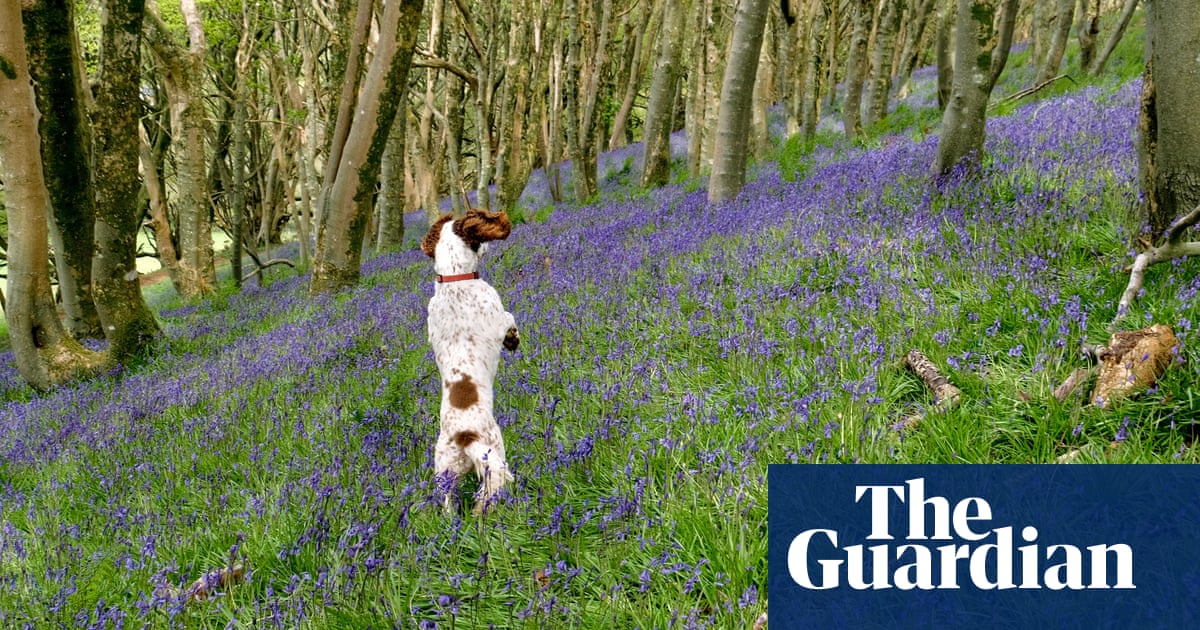
nly 2% of black people in Britain live in the countryside, according to a 2017 study. I am part of that 2%. I live in a small village just outside Milton Keynes, where I am the only woman of colour.
My partner and I moved from London in 2016 to escape the intensity of city life. Our home in the capital was comfortable but, because of increasing house prices, we didn’t feel we could afford the lifestyle we truly wanted for our growing family.
Leaving London didn’t intimidate me much; I was used to adapting. I had grown up in Northamptonshire, and travelled around the world as a musician. I understood country life.
Yet I did have small apprehensions. Where would I find a quality black hair salon, and would I miss the rich multiculturalism I’d had on my doorstep? We decided, despite this, that a driveway and a large plot of land was better.
However, being in a village as a black female with children felt different from my childhood memories. As a child I went to a quintessential British private school in the countryside, where I was sheltered from national arguments and controversies around race.
This time around, I have found that being black means always being associated with big cities and “urban” living. I am constantly being asked where I am from, as if I am a fumbling mess who has got lost on the way from the capital.
On one of my first visits to the local mother-and-baby group, I remember another mother touching my child’s hair as if she was petting a dog. Later on, I’d hear ignorant comments, with others in the group using outdated terms such as ‘“coloured” or “half-caste”. Once, someone even said “negro”.
I’d feel anxious when asking for inclusive books and multicultural themes in my children’s classroom: would I be perceived as the “troublemaker” parent?
Walking into a country pub, it’s embarrassing to witness the silence and stares, followed by the eruption of talking again once the customers have recovered from the cultural tsunami of having a black woman walk in.
The daily micro-aggressions of country life are constant, and the anticipation of negative reactions to my presence has become tiresome.
It would be offensive to generalise that all white country folk are racist, of course; but it’s important to understand that ignorant, racist things can come out of the mouths of nice smiley people in wellington boots.
The countryside is a territorial place, full of imperial nostalgia, that harks back to a to a time when black people were not welcome. The very concept of Britishness is wrapped up in images of the fields of England – and I do not represent that concept. Yet, as part of a dual-heritage family leaving an overpriced city to set up life beyond the smoke, I am now a representation of the countryside’s future.
People don’t often take the time to step out of their cultural bubbles, which means they are susceptible to lazy stereotypes. In June, the BBC show Countryfile looked at racial diversity and it was argued that a lack of access to the city for traditional countrysiders was the reason for the disconnection and perceived hostility to minorities. Lack of access? I cannot accept this, as the internet has opened up the world to all of us.
Strangely, the show elicited several complaints to the broadcasting regulator, Ofcom, claiming that racism was no longer an issue in the countryside, that things had moved on. It would be interesting to know how many black people shared those thoughts.
Ethnic minorities have tended to settle in cities, where there are stronger communities and better job prospects; but with Covid-19, the traditional working environment is rapidly evolving and moving in a direction where we can set up shop anywhere we want. Perhaps this will lead to a cultural exodus from the cities.
Britain is a wonderful, ever-changing nation. Its new cultural heritage is fascinating. With dual-heritage children being the fastest-growing demographic in Britain and the world becoming more open-minded, I hope this beautiful mix of cultures and new versions of Britishness will be represented in the countryside. We could forge a new identity for country living that is not associated with old stereotypes.
I’d like to play a part in dismantling those old views. This drove me to write a children’s book, because I want children in rural environments to see other cultures and I want to show minority children they can access Britain’s wonderful natural spaces.
I love the countryside: it’s where I want my children to grow up, and it’s where my family has built our for ever home. I should not have to feel like an outsider. It should feel like I have a right to live here, rather than a privilege.
• VV Brown is a musician, entrepreneur, model and author












